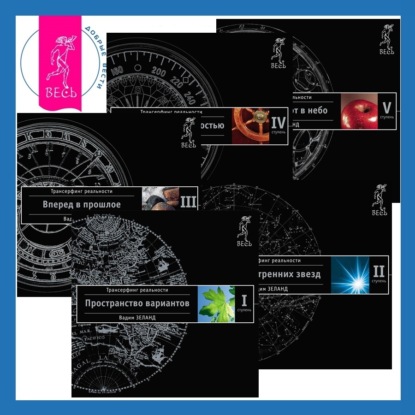Drawing on two decades of research into the nature of schools as learning communities, the authors build on a prior model of learning communities that integrated three domains of capacity: personal, interpersonal, and organizational. In this text, the authors move the capacity-building model into practice and elaborate a theory of learning communities. This book situates learning communities in living systems and ecological perspectives. The fundamental premise is that all of human life and human activity is part of a deep planetary ecology of which mutuality and interdependence are cornerstone properties, learning and renewal are key processes, and emergent networks are foundational structures. The text juxtaposes these conceptions with educational practices in order to understand what makes practice different in learning community schools. The authors argue that sustainable educational improvement emerges from a reciprocal process of building people who are constantly learning, building commitments to authentic learning, and building schools with a relentless focus on learning. The authors conclude that building a sustainable learning community requires a profound shift in how learning is understood, discussed, valued, enabled, and expressed. This shift, they argue, is essential as schools face the challenges and opportunities in the knowledge society. The book will be of interest to educators at all levels: leaders who want to build learning-focused schools, teachers who want to improve the learning experiences of their students, parents who want their children to succeed in school, and professors of education who support and educate the professional cadre. Это и многое другое вы найдете в книге Sustainable Improvement (Coral Mitchell)
Sustainable Improvement Coral Mitchell (книга)
Подробная информация о книге «Sustainable Improvement Coral Mitchell». Сайт не предоставляет возможности читать онлайн или скачать бесплатно книгу «Sustainable Improvement Coral Mitchell»















